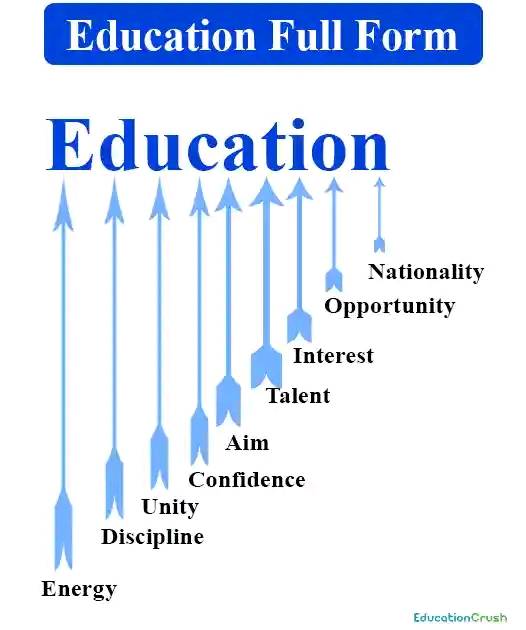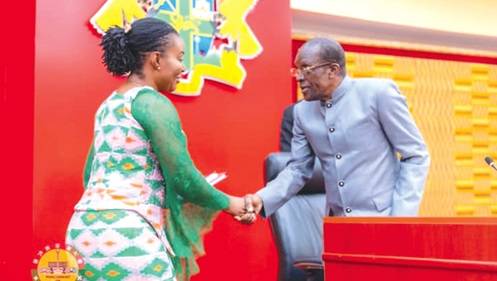“Trust Is Like Air: Invisible, But You Notice When It’s Gone”
A few years ago, I helped campaign for a local assembly member. Nothing big—just shared flyers, joined some door-to-door walks, and told everyone at the chop bar that this guy would actually listen. I believed in him. Like, really did. He was from the area. Ate the same waakye. Sat at the same corner barbershop. But fast forward a year later, and I couldn’t even get him to return a simple text.
That’s when I realized something: trust isn’t something you win once and keep forever. You’ve got to keep earning it.
So when I saw the headline “Don’t abuse trust of people – Speaker tells MP for Ablekuma North,” it hit a nerve.
Apparently, the Speaker of Parliament had to publicly remind the Honourable MP, Sheila Bartels, that the people who voted her in aren’t just numbers. They’re humans. With expectations. With needs. And most importantly, with memories.
I mean... it says something when the Speaker has to step in and say, “Ei, be careful o—don’t take their trust for granted.” That’s not small talk. That’s a warning.
In my opinion (and yeah, I might be wrong), the whole thing boils down to something very basic we keep overlooking in Ghanaian politics: accountability doesn’t end after the elections. That’s when it should actually start. But somehow, we keep electing people who go mute right after the fanfare. Or worse, act like they’re doing us a favour just by showing up.
What I’ve noticed over time is that people are getting tired. Like, genuinely exhausted. We vote, we hope, we wait. And nothing changes. Bore dey everywhere. And when leaders begin to act like they’re untouchable or that our trust is disposable, it just deepens the cycle of apathy.
Now, I’m not saying the MP for Ablekuma North is the worst offender on the planet (I mean, we’ve all seen worse). But the fact that this warning had to be said out loud and on record? That says a lot.
And let’s not pretend. We’ve all seen how promises become ghost towns once the results are in. “I’ll fix the roads,” “Jobs are coming,” “Youth empowerment,”—all those buzzwords that sounded powerful on campaign posters but disappeared faster than the lights during load shedding.
The thing is, trust doesn’t shout. It doesn’t carry placards. It just walks away quietly—and when it’s gone, good luck winning it back.
So yeah, maybe what the Speaker said wasn’t dramatic. But it was necessary. A reminder that people still expect their leaders to care. To respond. To act like public service isn’t just a stepping stone to private gain.
And I can’t help but ask:
How many more times do we need to be reminded that trust isn’t a blank cheque—especially when it’s written by the people?
Or maybe the better question is... when will our leaders start listening before the Speaker has to tell them to?




No comments yet
Be the first to share your thoughts!